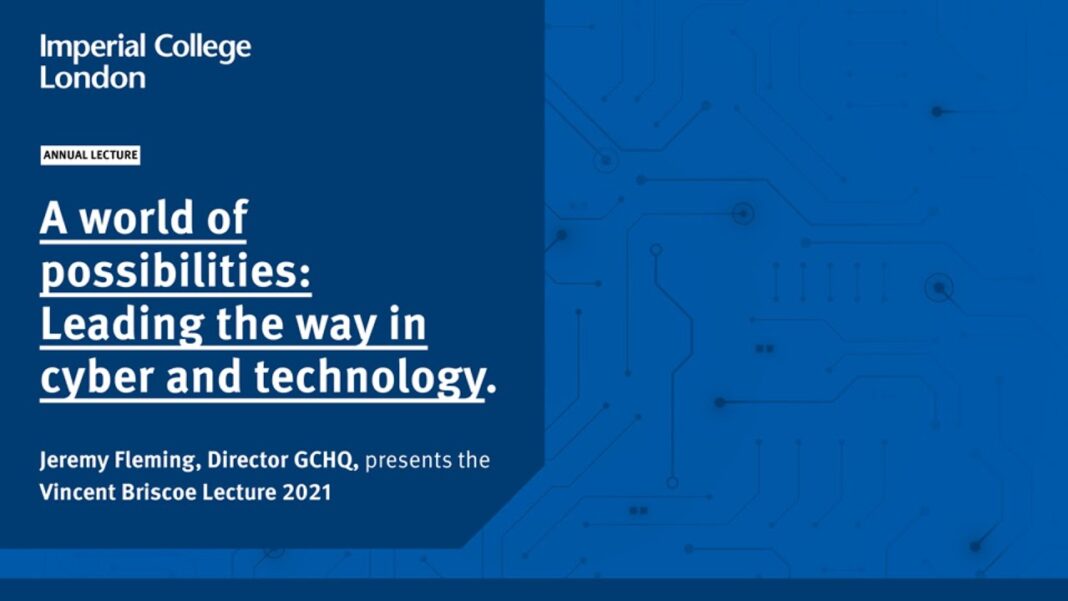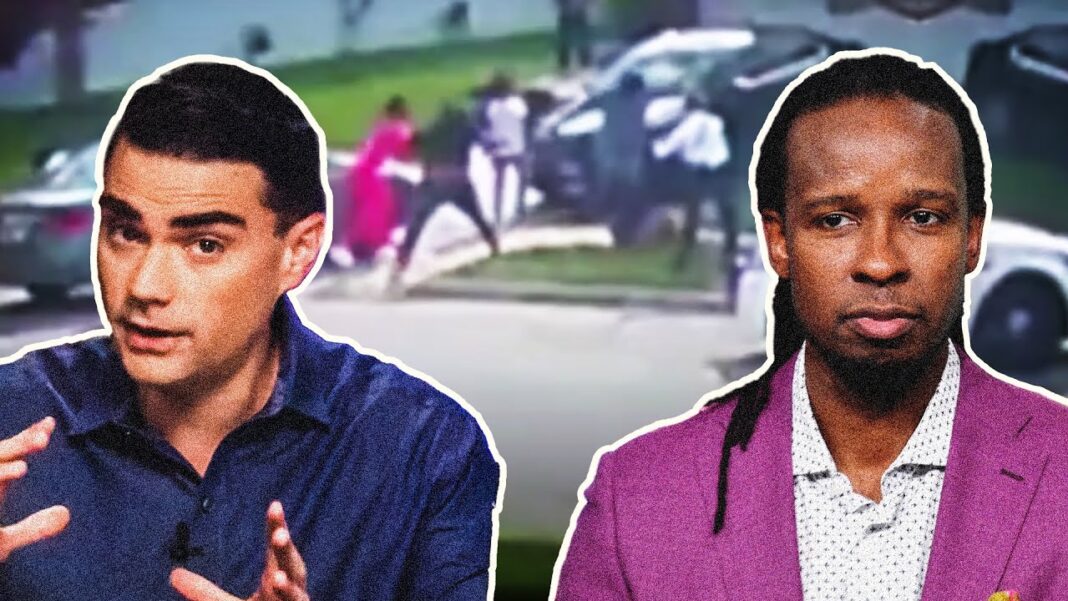After 9/11, U.S. authorities used informants to secure hundreds of terror convictions. But did they help create plots where none existed?
Shahawar Matin Siraj first met the older man late in the summer of 2003. He would see him at the mosque in Bay Ridge, Brooklyn, sobbing loudly during prayers and hovering near the imam. But when the man entered the bookstore nearby, where Siraj worked, he was warm and easygoing. He said his name was Osama Eldawoody, and the two men struck up an unlikely friendship.
Siraj, at 21, had a hulking build and a tendency to ramble when he spoke. He usually lingered around the store with friends from the neighborhood, talking about Islam and the wars in Iraq and Afghanistan. He had difficulty grasping new ideas and would need them explained multiple times, but in front of his friends, he pretended to know more than he did. Eldawoody was the son of an Egyptian religious scholar and said he studied nuclear engineering. He was knowledgeable about the world and had a flair about him, gesticulating excitedly as he spoke. To Siraj’s delight, Eldawoody took an interest in him, encouraging him to pursue his interest in computers. Never before had someone this sophisticated, an adult more than twice his age, taken him so seriously.
Siraj’s family fled Pakistan several years earlier, seeking to escape the violence against their Shiite minority sect. He was a teenager when they arrived in the United States, but he did not attend high school and was still struggling to earn his equivalency diploma. His world consisted of a cramped one-bedroom apartment in Queens that he shared with his parents and sister, and the equally cramped emporium filled with Islamic books and phone cards that was a 90-minute subway ride away in Bay Ridge.
By Rozina Ali







